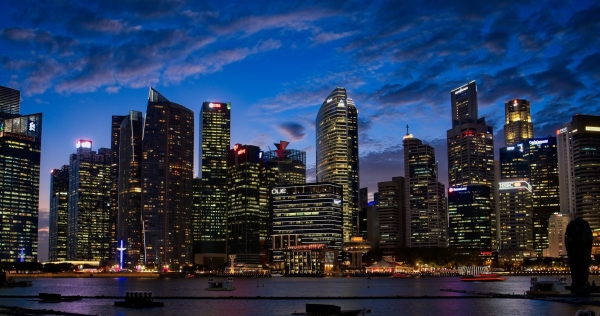
APAC finance firms adapt defensive stance for 2020
Geopolitical and macroeconomic risks threaten the sector’s overall credit profiles.
Asia-Pacific financial institutions (FIs) are entering 2020 on the defense as last year’s harsh developments are likely to persist for the next 12 months, with more pressure to sustain overall credit profiles at current levels, an OCBC Credit Research report revealed.
Last year, FIs had to battle flat yield curves and falling interest rates which affected net interest margins amidst geopolitical uncertainties and macroeconomic risks. Absolute credit costs and non-performing loans increased but were balanced by growth in loan volumes, while rising operating costs were balanced by investment spent in digitalisation.
In addition, regulators placed FIs’ compliance obligations under heavy scrutiny amidst customer remediation costs in Australia.
FIs are realigning their strategies to withstand the current operating environment, with HSBC putting off their planned capital instrument issuance in Q4 2019 with the outcome of the strategic review to be announced in February. Likewise, Westpac is focusing on its digital programme and dealing with regulator fines for money laundering charges.
Standard Chartered is restructuring returns on tangible equity and its operations in low-returning markets, whilst some are heading into the new decade with new leaders, with the National Australia Bank announcing a new CEO whilst Westpac and HSBC are still on the hunt for new leaderships.
Photo courtesy of Pexels.com.






















 Advertise
Advertise








